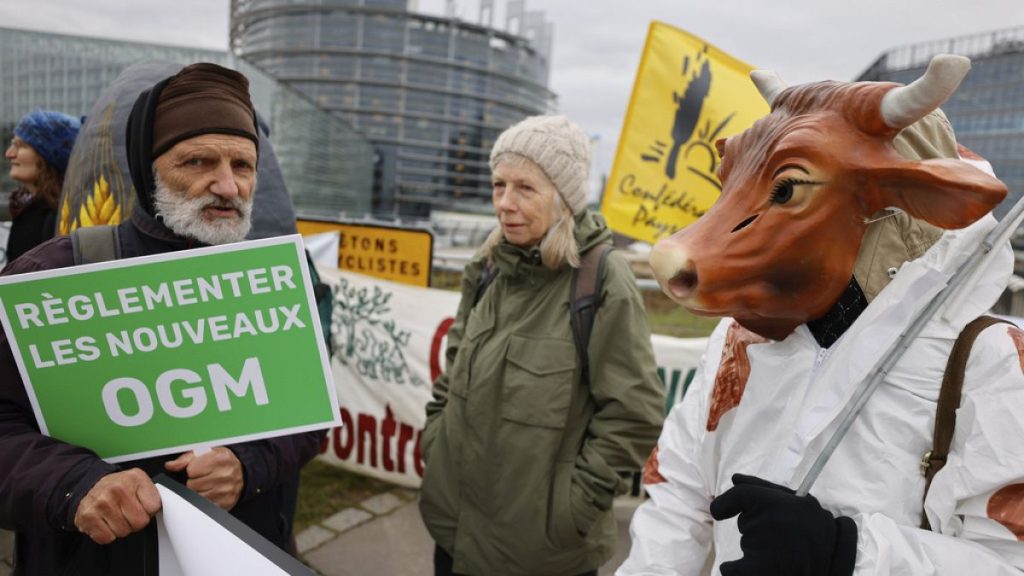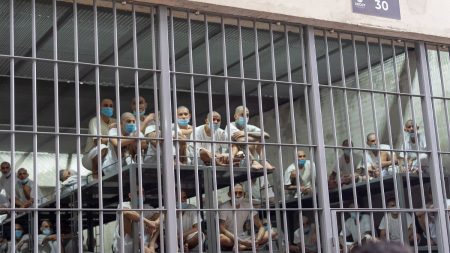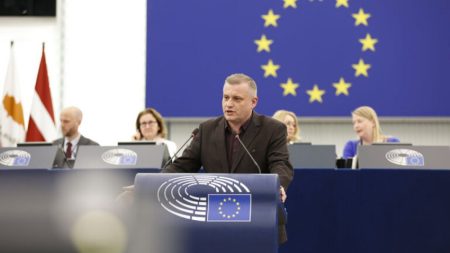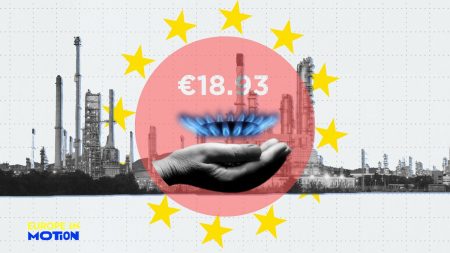The European Union is grappling with the complex issue of regulating new genetically modified (GM) crops developed using “new genomic techniques” (NGT). These techniques, unlike traditional genetic modification, involve precise alterations to the plant’s existing genome rather than introducing foreign genes. The core debate revolves around whether these NGT crops should be subject to the same stringent regulations as first-generation GMOs, which involve inserting entire foreign genes to achieve traits like pesticide resistance. The European Commission proposed a new classification system in July 2023, suggesting a “category 1” for NGT crops deemed substantially equivalent to conventionally bred plants, thereby exempting them from the stricter GMO regulations. This proposal has ignited a debate among member states, with disagreements on the definition of NGT crops and the implications for patenting.
Poland, currently holding the EU Council presidency, aims to streamline the stalled negotiations. Leaked documents reveal Warsaw’s intention to bypass Hungary’s call for a complete re-evaluation of the policy and instead focus on a previously established definition of NGT crops while prioritizing the patent issue. Poland believes that addressing concerns surrounding patents on NGT plants is crucial for achieving a qualified majority among member states. Their proposed compromise suggests categorizing NGT crops based solely on their biological characteristics, irrespective of patent status. This stance deviates from the European Parliament’s position, which advocates for a blanket ban on patents for NGT plants to prevent monopolies within the seed market. Critics argue that Poland’s approach fails to address the potential for increased market concentration by large agrochemical companies.
A significant point of contention lies in the criteria for determining whether an NGT crop is equivalent to a conventionally bred plant. The Commission’s proposal suggests a limit of 20 nucleotides (the building blocks of DNA) as the threshold for equivalence. However, opponents argue that even minor genomic alterations can have unforeseen consequences, emphasizing the need for thorough risk assessments for all new strains. They contend that focusing on a numerical threshold overlooks the potential for undesirable or even dangerous properties to emerge from seemingly small genetic tweaks. This concern highlights the complex scientific and ethical considerations at play, questioning whether a purely quantitative approach is sufficient to assess risk.
The debate surrounding NGT crops also raises fundamental questions about the balance between innovation, consumer choice, and environmental protection. Proponents of lighter regulations for NGT crops argue that these techniques offer a more precise and efficient way to improve crop yields, enhance nutritional value, and increase resilience to climate change. They believe that overly stringent regulations could stifle innovation and limit the development of crops better adapted to future challenges. Furthermore, they argue that clear labeling requirements, rather than outright bans, would empower consumers to make informed choices about the food they purchase.
Opponents, however, express concerns about the potential long-term ecological impacts of NGT crops. They worry that the release of genetically modified organisms into the environment could have unpredictable consequences for biodiversity, potentially leading to the displacement of native species or the emergence of herbicide-resistant weeds. They also raise concerns about the potential for gene flow between GM crops and wild relatives, potentially altering the genetic makeup of wild populations in unforeseen ways. The lack of long-term data on the environmental impacts of NGT crops adds to their apprehension, emphasizing the need for a cautious approach.
The future of NGT crop regulation in the EU hangs in the balance as member states continue to debate the proposed compromise. A key challenge lies in reconciling the divergent perspectives on patenting, risk assessment, and the very definition of what constitutes an NGT crop. Reaching a consensus will require careful consideration of scientific evidence, ethical implications, and the potential economic and environmental consequences. The outcome of these negotiations will have significant implications for the future of agriculture in Europe and beyond, shaping the development and deployment of new plant breeding technologies.














